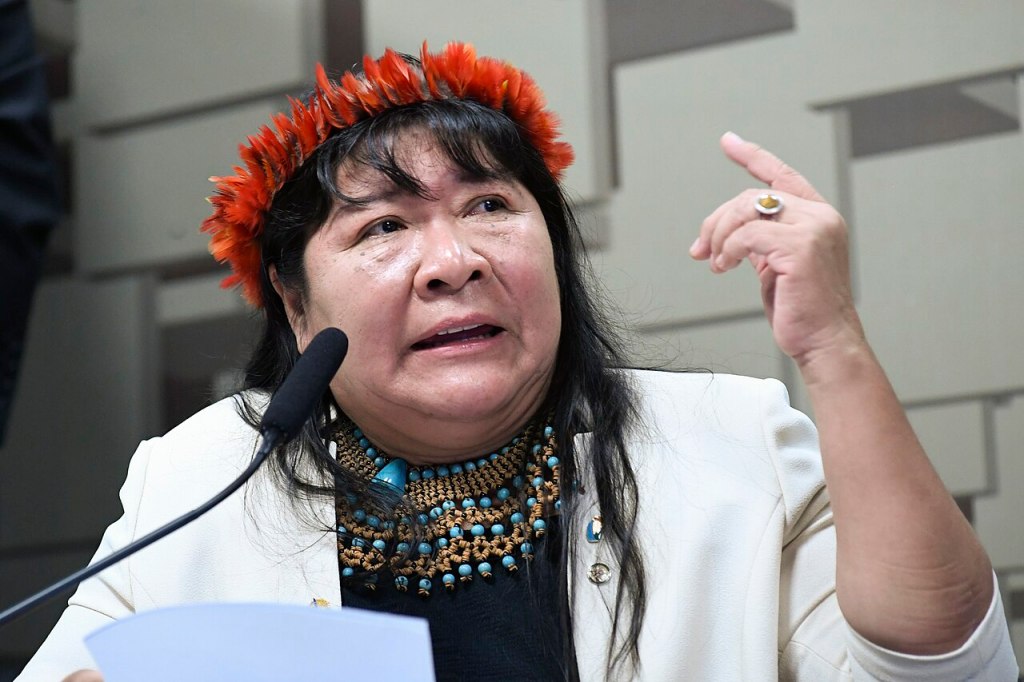Every year, students of the Brazilian Linguistics Olympiad (OBL) substantially improve many articles about languages in the lusophone Wikipedia. Obelepédia is one of the four activities of the Olympiad’s last round, the Autumn Linguistics School, or “Escola de Linguística de Outono” in Portuguese. Students have two weeks to write about many aspects of a language to compose their articles: the language’s phonology – which sounds it has; the language’s orthography – which writing system is used if existent, the language’s name etymology, history of the language documentation, verbal conjugation, declension of names, syntactical alignment, sentence order, among other linguistical analysis levels.
Obelepédia started in 2021. Since 2023, it has been held in partnership with Wiki Movimento Brasil (WMB). Since 2024, the activity and the articles written in past editions are exposed in a Portuguese Wikiversity page. The evolution of Obelepédia throughout the years demonstrates the growth of both the Autumn Linguistics School and the Olympiad’s relationship with the Wikimedia community.
The initial state of language articles is generally poor. They have few paragraphs, little information, a small number of sections, and unreferenced information. It is partly due to a bias of choice. On one hand: students need to receive a non-complete article to be graded on their work. On the other hand, we realize that, systematically, the linguistic study of various world languages is a knowledge gap in the lusophone Wikipedia, even of languages with thousands or even millions of speakers.
Considering Obelepédia since it began, 171 articles about language have been improved substantially in the lusophone Wikipedia. This is important knowledge to be registered in the world’s greatest encyclopedia. Many of these languages are at risk of extinction. The resígaro language, for example, at the time the article was written by one of our students, had only one speaker.
Pedagogically speaking, three aspects make Obelepédia rich: (i) the evaluative aspect: the students are graded and the score influences the classification for the International Linguistics Olympiad; (ii) the pedagogical aspect: the students develop a conceptual base of linguistics that is useful for the rest of the Autumn Linguistics School; and (iii) the community aspect: the students’ work contributes to the development of free knowledge in the lusophone Wikipedia. These three aspects can be explored and deepened in future academic research.
We believe that Obelepédia is the only activity in some Brazilian scientific olympiads involving Wikipedia. The learnings after four years of ongoing work can be useful to other olympiads so they can include this kind of activity in their schedules. Beyond that, they can also be useful for the linguistics olympiads around the globe.
Obelepédia results from a lot of commitment from both OBL and WMB. Every year we get better at something. I hope we can continue to learn and share our learnings with the Wikimedia, Olympic, and academic communities.
P.S.: After a long period of encouragement from WMB members, here is the Obelepédia Diff! The first one. I hope there are more to come.

Can you help us translate this article?
In order for this article to reach as many people as possible we would like your help. Can you translate this article to get the message out?
Start translation
